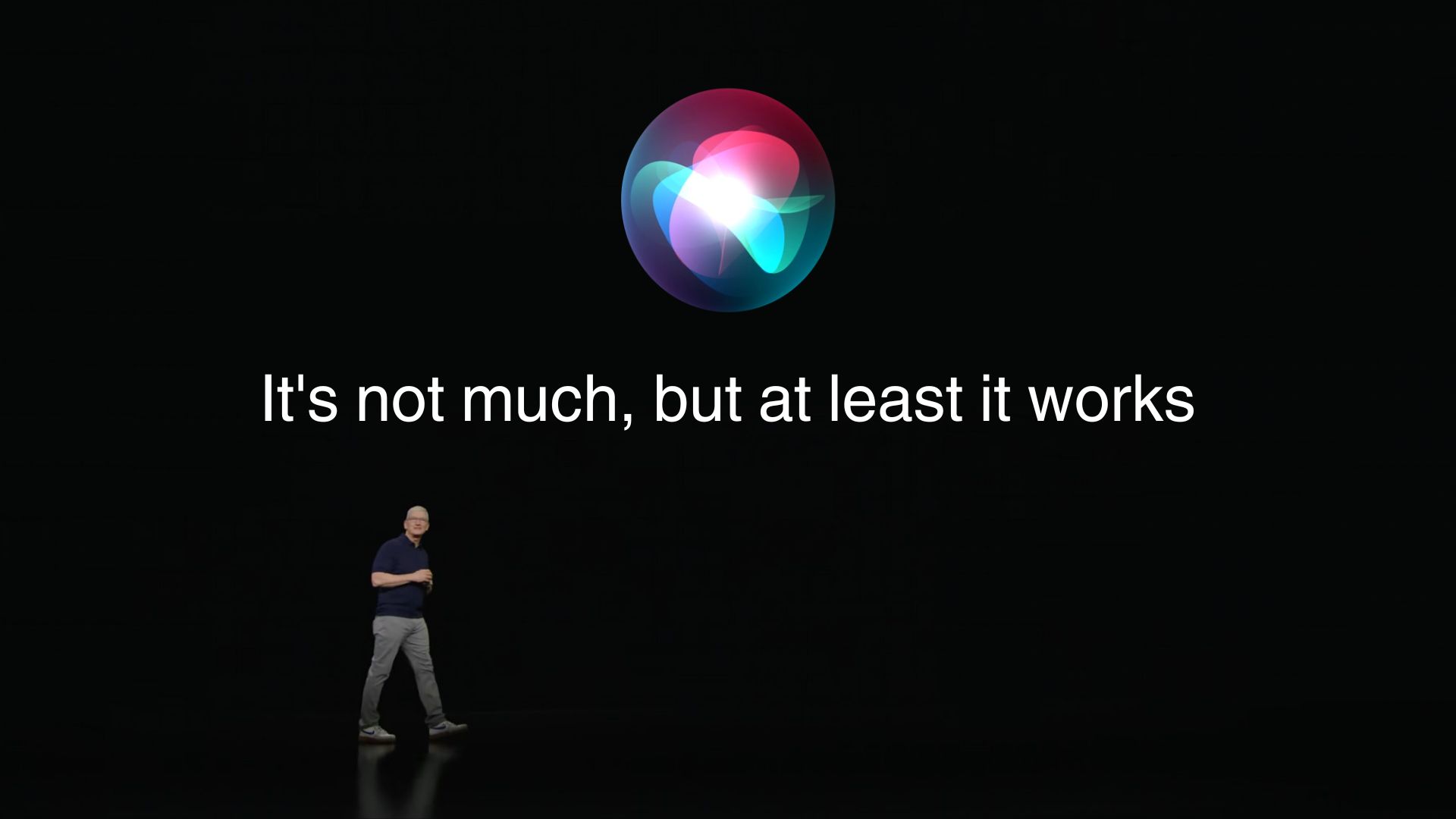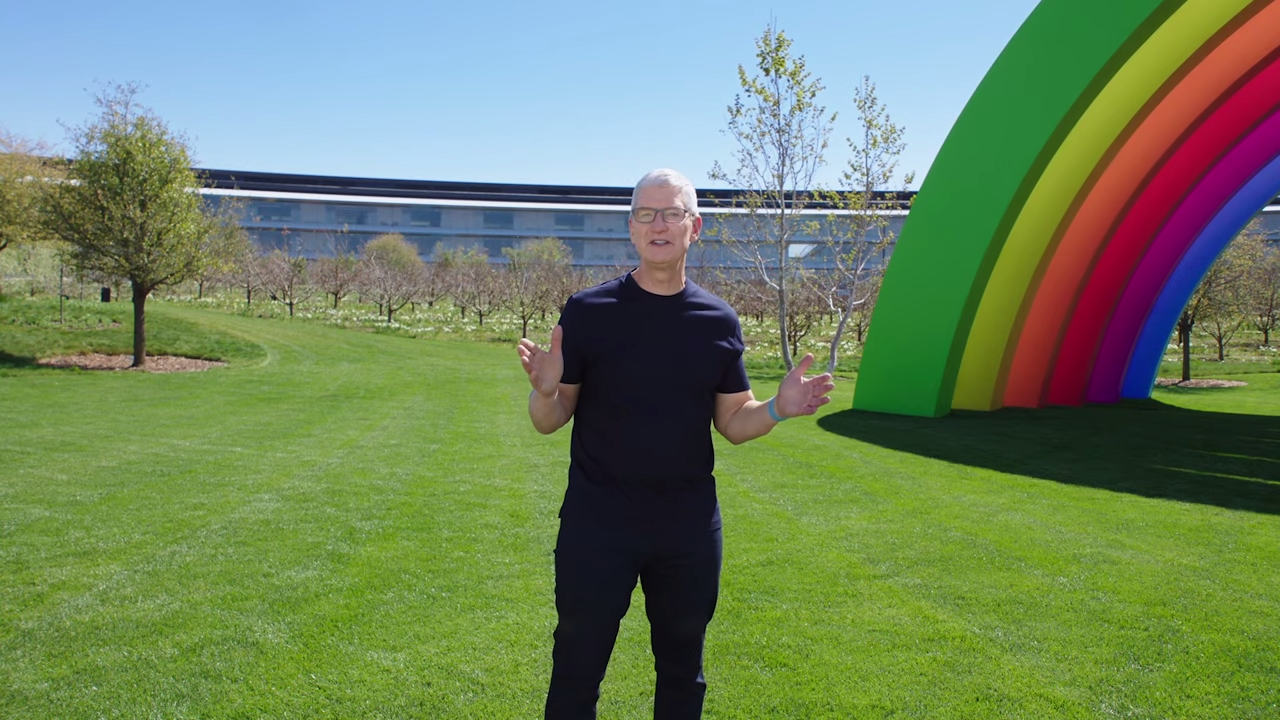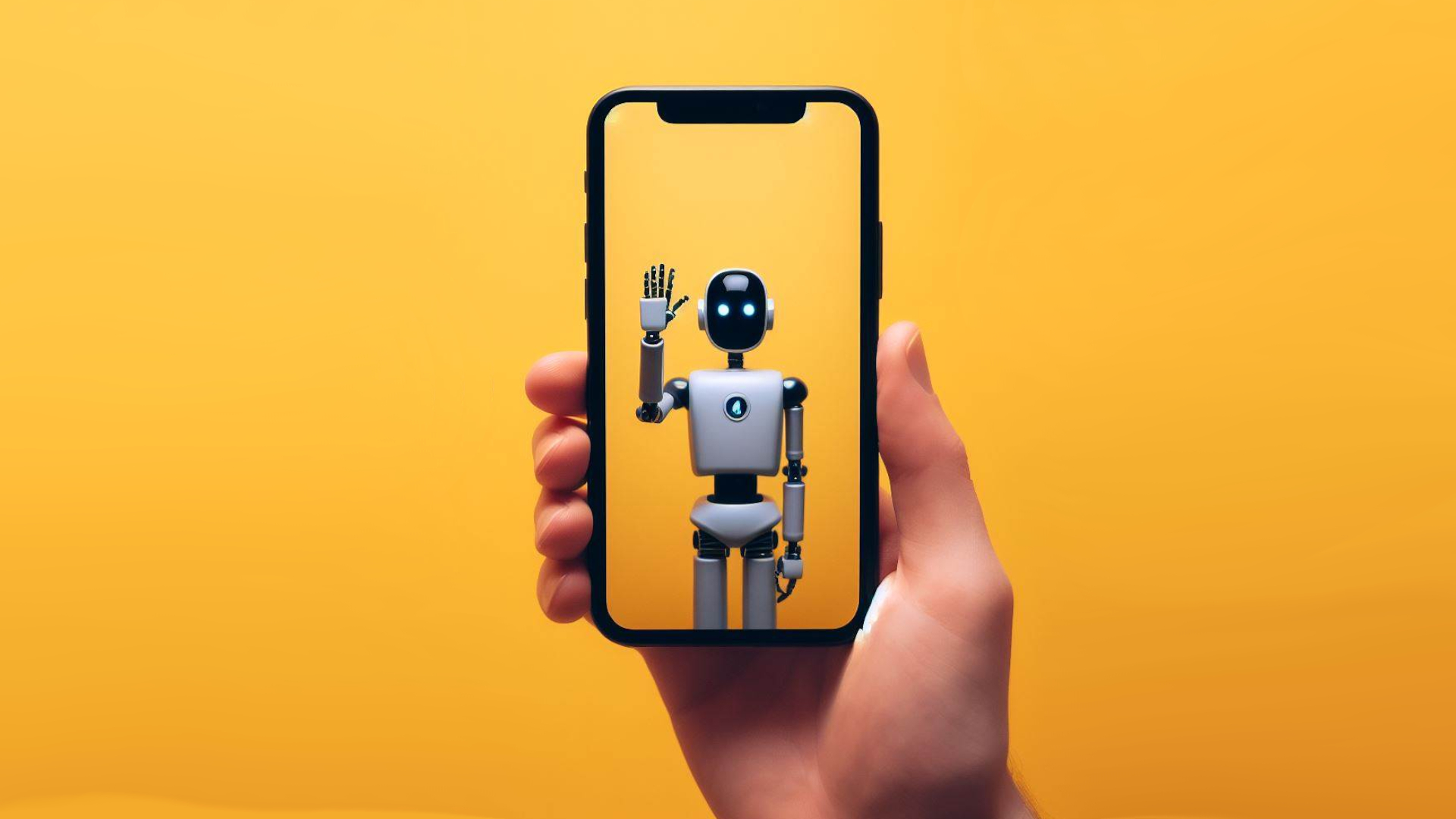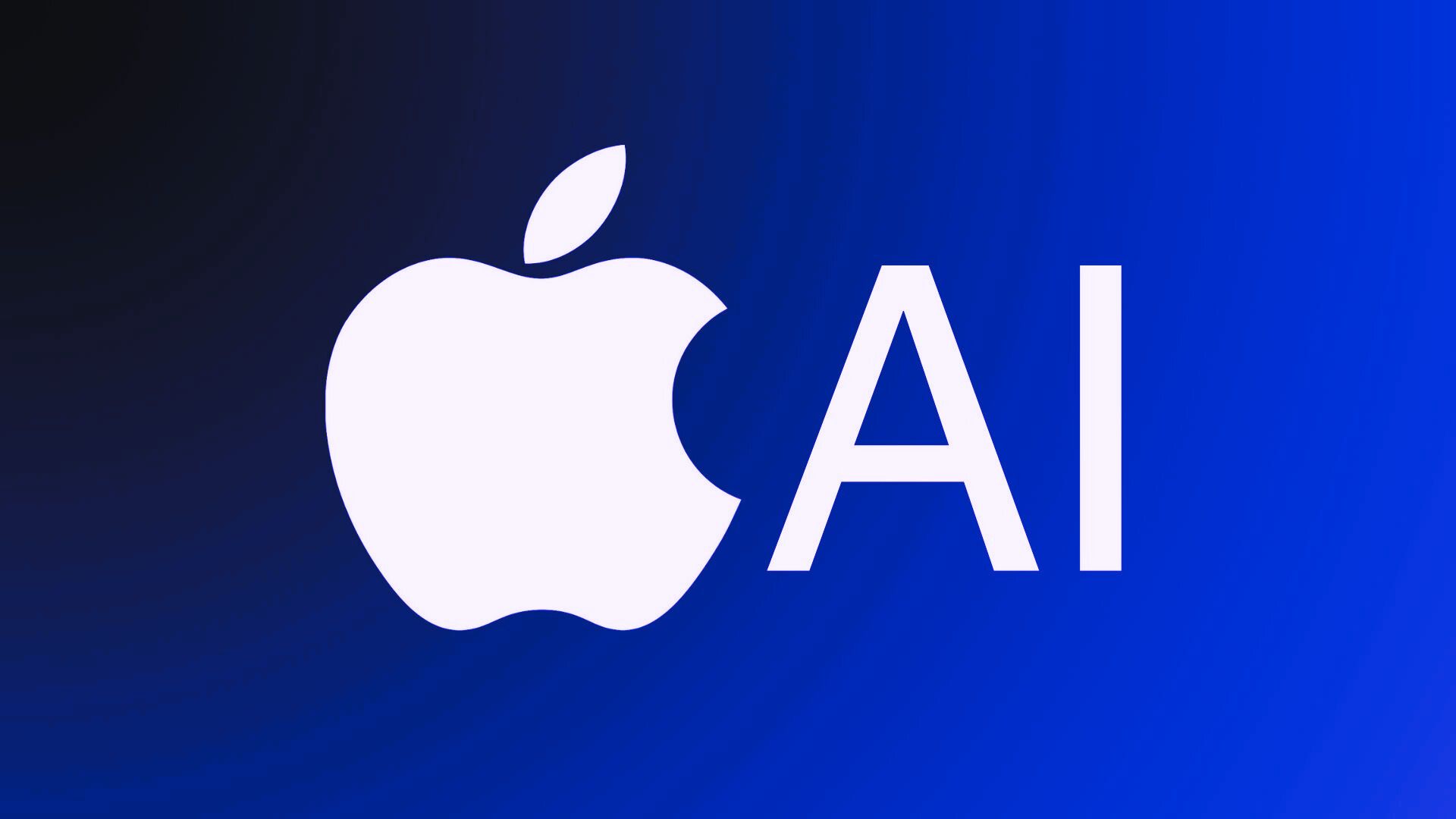Apple's AI features are boring — and that's a good thing
Apple is the calm at the center of the AI storm

Apple is gearing up to unveil its first round of AI features at WWDC in June, but is it too late to catch up with the competition? The past few weeks have seen a wave of big AI announcements, ranging from AI Overview in Google search to Microsoft's new Copilot+ PCs.
Amidst an increasingly heated AI industry, Apple might look like it's already lost. However, that's not necessarily the case. This wouldn't be the first time Apple waited to adopt a new technology and still came out on top. The AI features that have leaked so far for iOS 18 might not sound as ambitious as recent announcements from Google and Microsoft, but that's maybe Apple's whole strategy.
Apple's AI features are boring. That's why Apple might succeed where Google and Microsoft haven't.

Apple AI isn't late — it's realistic
WWDC 2024 is still a couple of weeks away, but it's no secret that AI will be the star of the show. Apple is expected to announce a suite of AI features for iPhone, iPad, and Mac, including AI-powered photo editing, search, and notification recaps. Plus, Siri is finally getting a long-overdue update to give it more realistic speech and improved functionality, similar to OpenAI's ChatGPT.
Apple isn't pioneering any of those features. In fact, there are even rumors it is partnering with OpenAI to develop them. Meanwhile, Google's Magic Editor AI photo editing tool has been on Pixel phones since 2023. Google has also been trying to work AI into Search results for years now, culminating in the controversial AI Overview feature it launched earlier this month.
Apple's leaked AI features look humble in the face of the ambitious AI plans unveiled at Google I/O. That might be Apple's whole strategy, though. Apple isn't trying to revolutionize search engines or completely transform the iOS experience. It's simply adding a few useful features that would be convenient in everyday situations.
Did you miss dozens of notifications while you were in a meeting? Apple's AI can summarize them for you to help you catch up faster. Need the perfect emoji for replying to a group text? Siri can generate one for you. These aren't life-changing features, but they could come in handy for those who want to use them.
Sign up to receive The Snapshot, a free special dispatch from Laptop Mag, in your inbox.
This highlights the contrast between Apple's approach to AI and Google's. Apple appears to be focusing on a smaller group of specific features streamlined enough to mainly run on-device.
Meanwhile, Google is shooting for the Moon with AI Overview, which was supposed to transform Google search but instead fell flat with nonsensical (and even dangerous) results.
Google's AI plans are ambitious and exciting but they simply aren't panning out how they envisioned. It's getting ahead of itself and launching AI features that don't perform as advertised. As a result, if Apple's smaller AI features actually do work, they could end up being more popular despite Apple being "fashionably late" to the AI party.
On-device AI proves bigger isn't always better

One of the biggest differences between Apple and its rivals is the use of on-device AI rather than cloud-based AI. While we won't know for sure until WWDC, current rumors indicate that Apple is planning to mainly run its AI features on-device and only use the cloud for the most demanding tasks. Those AI tasks will be processed at data centers running Apple's M2 Ultra chips.
For the most part, though, Apple seems to be prioritizing on-device AI. This makes sense considering the company's long-standing focus on privacy. By keeping AI features on-device, Apple can reassure its users that their data will remain private and won't be used to train generative AI algorithms.
Sticking to primarily on-device AI limits what Apple can do, but it's not aiming for processor-intensive tasks like Google. The smaller tasks Apple is focusing on are feasible to run on-device, although it's highly likely only recent iPhone models will be compatible — even if iPhones have touted NPUs ever since the iPhone 8, with Apple's A11 Bionic chip.
On-device AI isn't just better for user privacy, either. It's also better for sustainability, another top priority for Apple. Large language models and generative AI algorithms require massive amounts of processing power, which requires electricity and water. The data centers running these models also create large amounts of CO2 emissions. As a result, the bigger and more powerful an AI is, the more harmful it can be to the environment, sucking up thousands of liters of water and spewing out tons of CO2.
Sticking to on-device AI can help minimize the environmental impact of Apple's AI features. Of course, Apple is still using data centers, but making those the secondary hub for AI tasks is a step in the right direction. Plus, on-device AI minimizes latency, which is helpful for users.
Is Apple's simpler approach to AI smarter?

The rumored AI features for iOS 18 might not be groundbreaking, but that's a bit refreshing in today's AI landscape. We'll have to wait until WWDC to see exactly what Apple has in store, but it seems to be aiming for features it can actually deliver, rather than promising something that's not ready yet.
Personally, I'm glad Apple's AI features are boring. I don't need an AI to write music for me, generate outlandish artwork, or plan my next vacation. If I'm going to use AI for anything, it will be basic tasks that solve small, everyday problems, like summarizing missed notifications or emails.
Apple appears to be betting on most people sharing that view of AI tools. If Apple is right, its massive user base could vault it to the top of the AI market, despite having a smaller-scale, slower approach than the competition. Will the tortoise beat the hare in the AI race? We'll have to wait and see, so stay tuned for more updates on Apple's AI gamble, WWDC, and iOS 18.
More from Laptop Mag
- Apple's WWDC returns on June 10: Everything we know so far about iOS and AI
- Apple's AI-generated emojis in iOS 18 are a pretty big deal for iPhone
- Apple is gearing up for M4 Mac launch — here’s a look at the release window and all the new chips

Stevie Bonifield is a freelance tech journalist who has written for PC Gamer, Tom's Guide, and Laptop Mag on everything from gaming to smartwatches. Outside of writing, Stevie loves indie games, TTRPGs, and building way too many custom keyboards.
